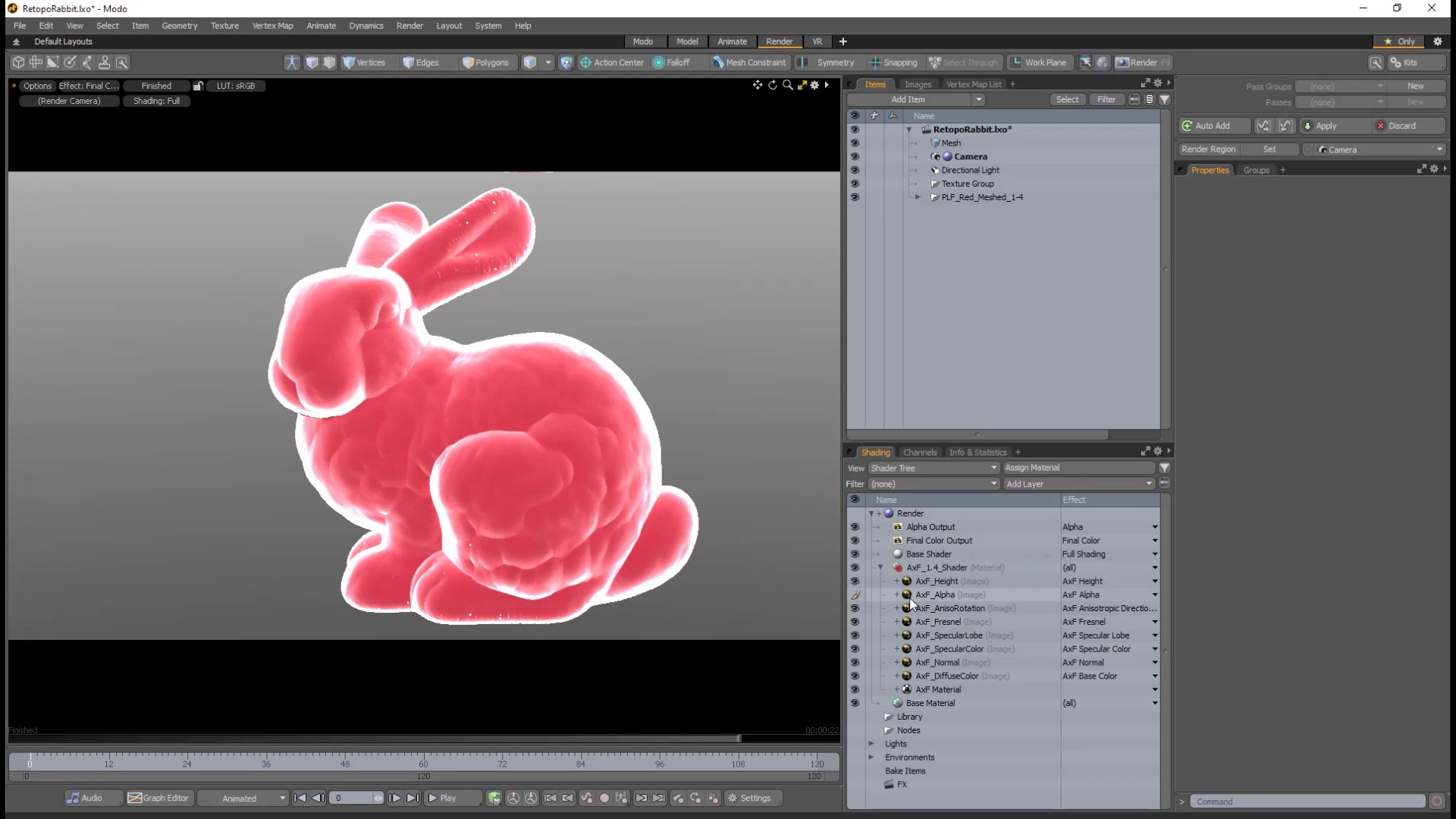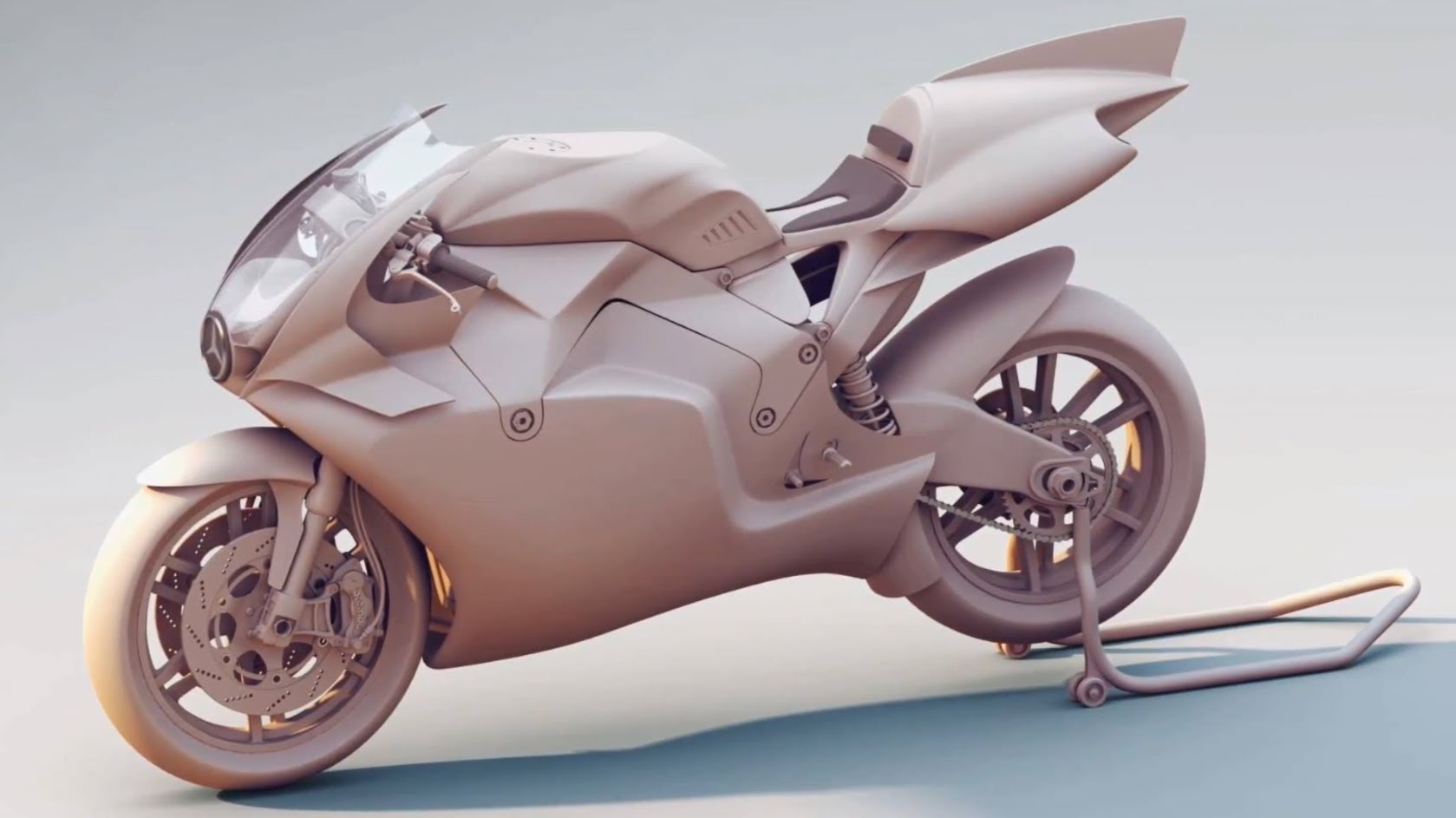

Import Specific Frames: loads the scene with the transformations and deformations for the defined frames only.If disabled, the deformations are referenced from the original Alembic file and loaded as necessary. Store Animated Morphs with Meshes: if enabled, Modo loads all the mesh deformations into the scene file directly.If disabled, Modo only loads the scene for the frame specified in Import Specific Frames. Import All Frames: when loading an animated scene, enabling this option loads the transformations and deformations for the entire sequence.With it disabled, it will just use the name of the mesh alone. Combine Transform and Mesh Names: with this option enabled, the resulting mesh node will be a combination of the names of the two items, the transform and the mesh.Make Instances from Matching Mesh Items: creates instances in case where identical meshes are encountered during loading.This does not apply to items with deformations. Import as Static Meshes: converts the loaded scene items to the more efficient, though non-editable Static Mesh Item type.When importing files, Modo displays a dialog. abc file, the files will remain external to the scene, streaming in on an as-needed basis. While the format does not directly support material information, part and material tags are exchanged with the mesh data.

The format currently supports the import and export of both static and animated meshes, including subdivision surfaces and camera data. Alembic distills complex, animated scenes into a non-procedural, application-independent set of baked geometric results. obj format.Įstablished by Sony Imageworks and ILM, Alembic is an open computer graphics interchange framework. obj format provides only a single UV map per object, and all vertices must be mapped (no partial UVs are allowed and they are ignored on export). The file format, being open, has been adopted by many other 3D applications because of its simplicity to implement, and for the most part has become a universal exchange format.obj supports geometry, layers and simple surfacing.
MODO 3D SOFTWARE
obj is a file format developed by Wavefront Technologies for its Advanced Visualizer software package. The loading and saving of LightWave's scene files is not currently supported. Saving to any other format discards the extra data. Unsupported information is encapsulated and retained, as long as you remain in the. Equivalent surfacing data is translated as well, when applicable.
MODO 3D FULL
lwo2 format for geometry, supporting a full array of features including UV, weight, morph and color Vertex Maps. Additionally, you can right-click on any layer in the Item List and choose the Save Selected option from the contextual menu for control over saving individual parts of a scene.

The difference between them is that saving a file in a specific format replaces whatever is in memory, and subsequent saves continue to overwrite the saved file in the same format, while exporting keeps the same scene in memory, only writing the selected format to disk. You can save a scene to a specific format with the File > Save As or the Export command. The difference is that opening files makes them their own scene, while importing merges the saved file into the current scene. You can read the various formats by opening them directly by clicking File > Open and selecting the proper file, or by importing it by clicking File > Import. Modo supports a wide range of formats for transferring data. Users rarely work in a single application, so it is important to support multiple input and output formats. You are here: System and Files > File Commands > Import/Export Import and Export File Formats in Modo


 0 kommentar(er)
0 kommentar(er)
